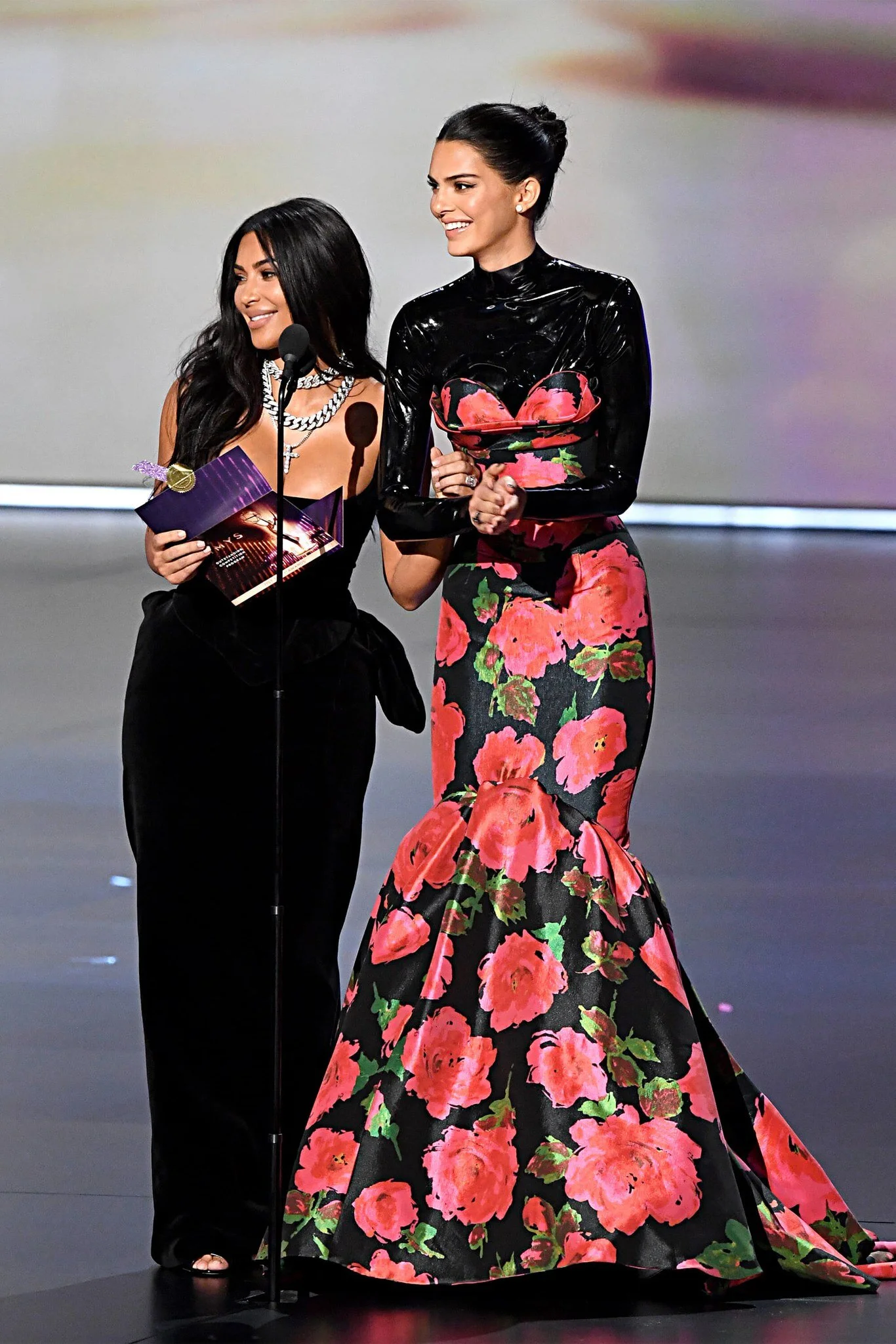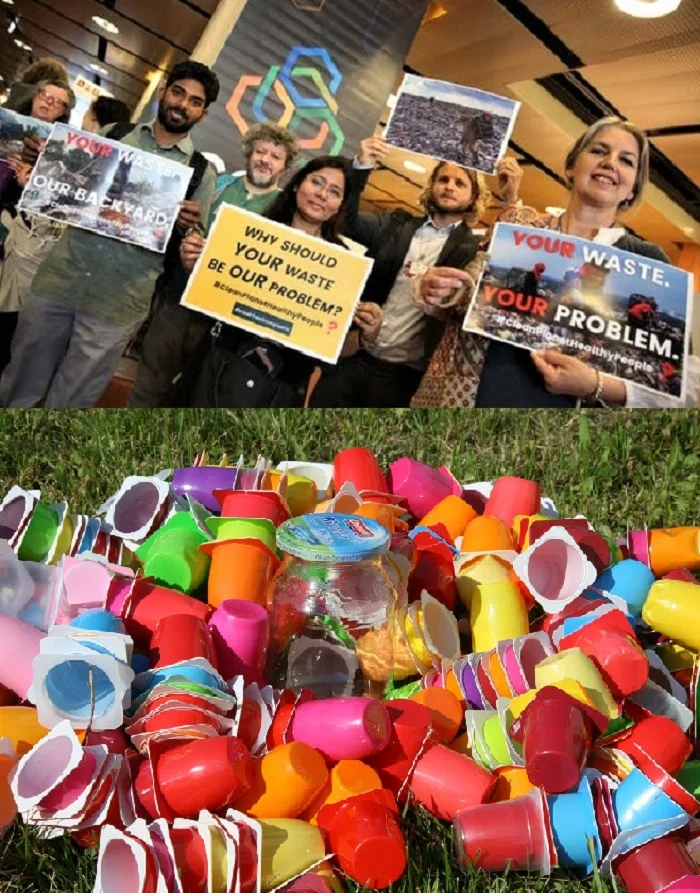Kardashian-Jenner Women Launch Kardashian Kloset Resale on Friday, October 4
/Kardashian-Jenners launch Kardashian Kloset resale platform.
Friday morning, 9am PST, doors will open to Kardashian Kloset, a new luxury resale venture initially populated with items belonging to Kris Jenner, Kim Kardashian West and Kylie Jenner, writes Vogue Business. Handbags, shoes, sunglasses, costume jewelery and pre-loved clothing from Khloe Kardashian, Kourtney Kardashian and Kendall Jenner will follow in weekly drops.
In the US, resale is booming. The country’s total secondhand market, which includes resale, thrift and donations, is forecast to increase from $24 billion in 2018 to $51 billion in 2023. According to the 2019 Fashion Resale Report by Thredup, the US resale market has grown 21 times faster than traditional retail apparel in the last three years.
Vogue Business writes that while resale is a growing segment of sustainable consumption, in America it more often allows access to luxury items unaffordable at the original price. This dynamic is poised to change, however, as more women embrace resale as a core option of responsible consumption.
According to Marc Beckman, founding partner and CEO of advertising and representation agency DMA United, the resale market will also benefit from celebrity endorsements. “Influential celebrities can instantly eliminate the stigma attached to the secondary market,” he writes via email. “The Kardashian’s participation, if executed properly, will certainly accelerate acceptance and sales of previously owned and used merchandise.”






